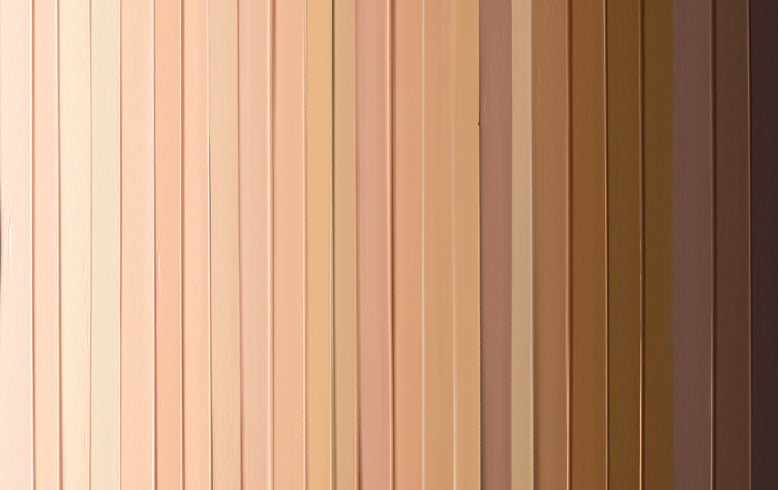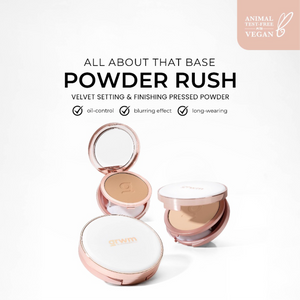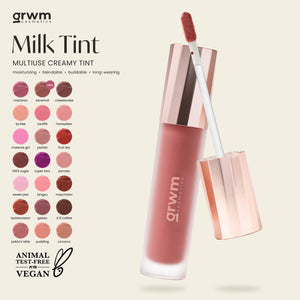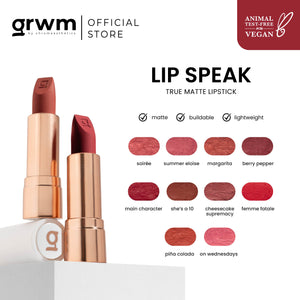
Find your Shade
Not sure what shade is right for you? Check our Shade Matrix and Shade Twins to guide you to discover your perfect match.
Check your undertone
₱0.00 PHP




Not sure what shade is right for you? Check our Shade Matrix and Shade Twins to guide you to discover your perfect match.
Check your undertone
